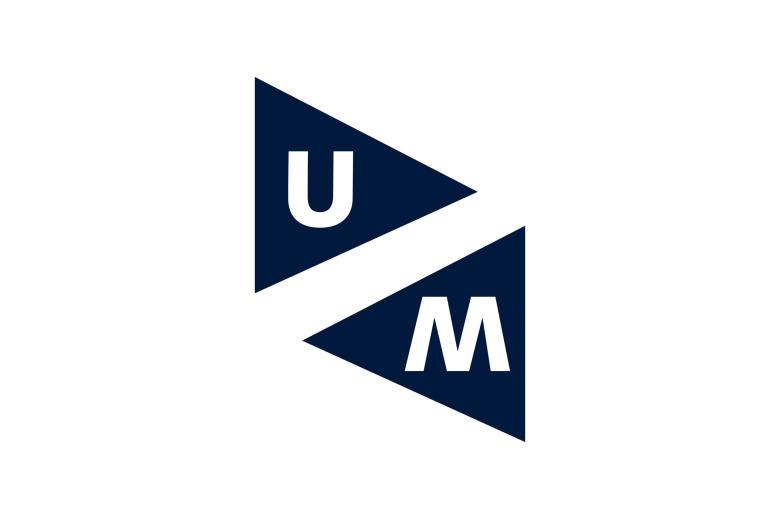UM hit disproportionately hard by Van Rijn Committee report
Today, the Advisory Committee van Rijn published the report ‘Changing direction; towards transparent and balanced funding and more cooperation in higher education and research’ (Wissels om; Naar een transparante en evenwichtige bekostiging en meer samenwerking in het hoger onderwijs en onderzoek, available in Dutch only). The commission's assignment focused on four themes:
- the cost development in study areas, specifically bottlenecks in funding science education and research
- the nominal funding system, in relation to accessibility and equal opportunities in higher education
- financial incentives in education funding with regard to student numbers
- the distribution of research funding for universities and universities of applied science
Mainly young universities hit hard
In its recommendations, the advisory committee focuses primarily on additional funding for science and technology as well as lateral entry candidates. Possible consequences will mainly affect universities with a small share of science and technology students in a negative manner. Naturally, this is a particular concern for the so-called young universities, including UM. The Executive Board has to conclude that UM is being hit disproportionately hard.
Fixed basic subsidy rates not addressed
The Executive Board finds it incomprehensible that the committee has not issued a statement in response to UM's call to also consider the outdated fixed basic subsidy rates assigned to institutions for research purposes (‘vaste voet onderzoek’). Just like the other young universities, UM receives substantially less basic subsidy towards research. An inexplicable state of affairs that is still not being addressed.
The Executive Board is deliberating on the possible consequences; they will discuss the matter with stakeholders within and outside the university.
Also read
-
In Kerkrade, you can listen to the invisible universe
UM and Discovery Museum in Kerkrade make the Einstein Telescope understandable for everyone.
-
Maastricht University ranked #3 worldwide and #1 in Europe in 2025 Better World MBA Ranking
We are incredibly proud to share that the MBA programmes of Maastricht University School of Business and Economics’ executive branches, MSM and UMIO, have once again been recognised among the very best sustainable business MBA programmes worldwide. In the 2025 Better World MBA Ranking by Corporate...
-
